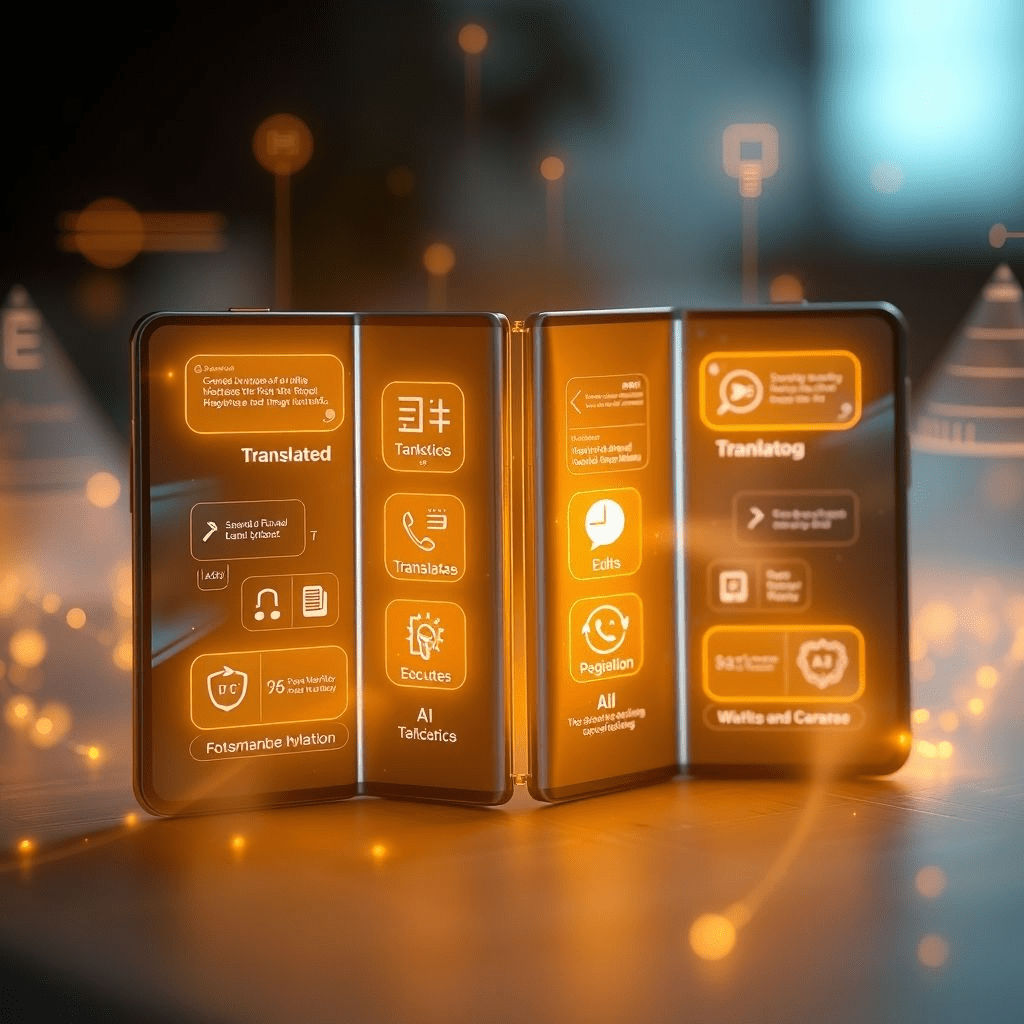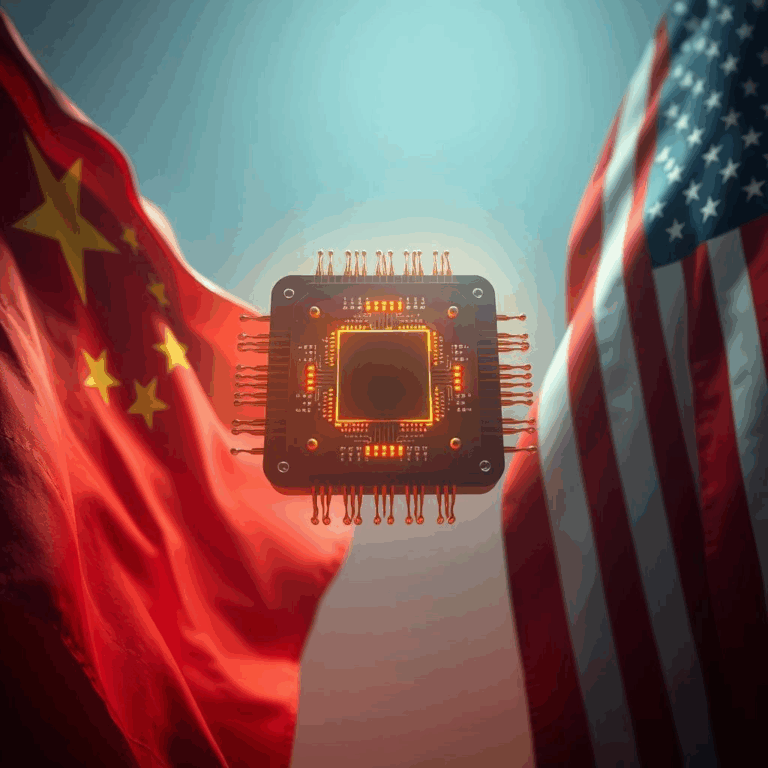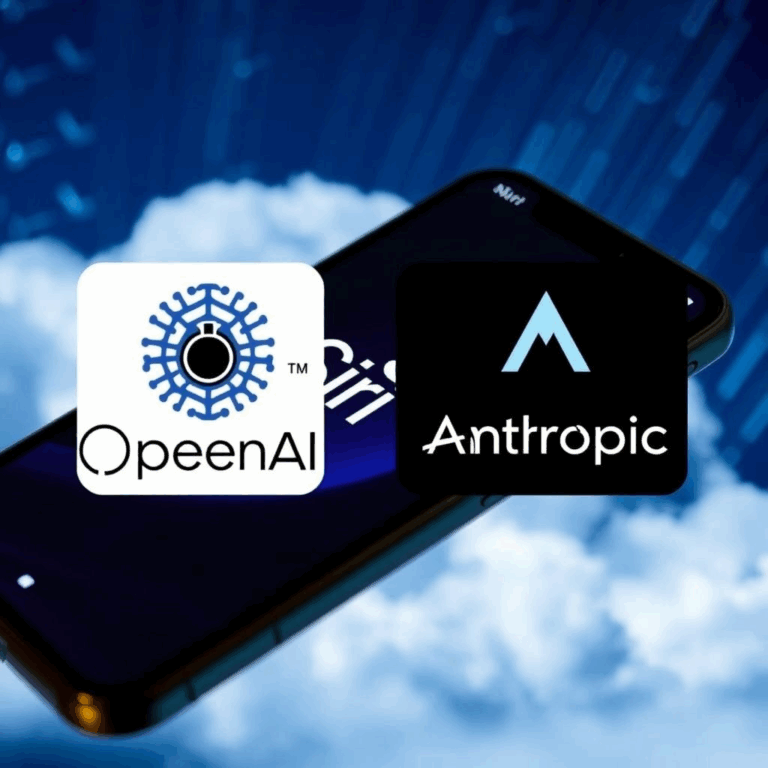Samsung Doubles Down on AI for Its New Foldables
Samsung’s Galaxy Unpacked event in Paris on July 26, 2025, marked a turning point for the brand’s mobile strategy — not because of the physical devices themselves, but what’s inside: Galaxy AI. With the release of the Galaxy Z Fold6 and Galaxy Z Flip6, Samsung has integrated artificial intelligence directly into the core smartphone experience, shifting the focus from hardware innovation to AI-driven functionality.
The move signals a clear intent from Samsung: AI isn’t just a feature; it’s the future of its mobile ecosystem.
AI at the Heart of Galaxy Foldables
While Samsung’s foldables have long been known for their innovative designs, multitasking capability, and ultra-premium positioning, the Galaxy AI integration is the most significant advancement in 2025. The Fold6 and Flip6 now come preloaded with a suite of AI tools that fundamentally change how users interact with their phones:
- Live Translate: A real-time voice translation tool available during phone calls, capable of converting speech into the user’s preferred language seamlessly — ideal for travelers and international professionals.
- Note Assist: Powered by AI, this feature summarizes long notes, adds bullet points, and auto-generates titles for better productivity and organization.
- Photo Assist: Integrated AI tools that help users edit, resize, and remove objects from photos instantly.
- AI Chat Assist: Smart reply suggestions based on conversation context, now available in SMS, WhatsApp, and Samsung Messages.
- Transcription Tools: AI transcription of voice memos and audio recordings into text, complete with speaker recognition and paragraph formatting.
Hardware That Supports AI Excellence
The hardware updates in the Fold6 and Flip6 were subtle but significant — thinner designs, lighter builds, and upgraded cameras. However, it’s the Snapdragon 8 Gen 3 processor, combined with on-device neural processing units (NPUs), that powers the AI features natively without relying solely on cloud access.
This results in faster processing, better privacy, and lower latency, especially for tasks like real-time translation and photo editing.
Strategic Positioning Against Apple and Google
Samsung’s focus on on-device AI stands in contrast to Apple’s cloud-driven AI rollout via Apple Intelligence, and Google’s Gemini platform. Samsung’s goal is to keep users within its Galaxy ecosystem, encouraging deeper engagement with proprietary tools like Samsung Notes, Gallery, and Samsung Keyboard — now all enhanced with AI.
TM Roh, President of Samsung’s Mobile eXperience Business, emphasized during the keynote:
“We are not just putting AI into your phone — we’re putting it into every moment of your day.”
User Experience: Practical, Fast, and Personalized
In real-world testing, Galaxy AI features proved particularly useful for:
- Business users making calls in different languages.
- Students summarizing lectures recorded on voice memos.
- Content creators enhancing images without third-party apps.
- Multitaskers using Note Assist to organize chaos into clarity.
Samsung also enabled contextual AI suggestions across One UI 6.1, such as suggesting calendar entries or alarms based on conversations or reminders.
Security and Privacy
One standout feature is the emphasis on privacy in Galaxy AI. Many features run entirely on-device, and Samsung explicitly stated that data from AI processing (like Live Translate) will not be stored or transmitted to external servers unless users opt in.
Samsung also introduced Samsung Knox AI Layer, a new framework designed to protect AI-driven services with real-time threat detection.
What This Means for Foldable Adoption
By deeply integrating AI, Samsung is future-proofing its foldable line. Rather than just offering hardware upgrades each year, Samsung has created a dynamic platform where software and intelligence evolve, potentially extending the lifespan and value of the device.
In a saturated flagship market, AI becomes the key differentiator, especially as more users begin seeking real utility out of high-end smartphones.
The Future: Galaxy AI Everywhere
Samsung also teased upcoming plans to extend Galaxy AI into its tablets, watches, and laptops. In 2025, the company aims to build a Galaxy AI ecosystem, where data and functionality move seamlessly across devices, tailored by user habits.
Samsung’s partnership with Google on Gemini integration remains, but Samsung emphasized that Galaxy AI will remain uniquely Samsung, differentiating from Pixel devices and Apple’s AI offerings.







